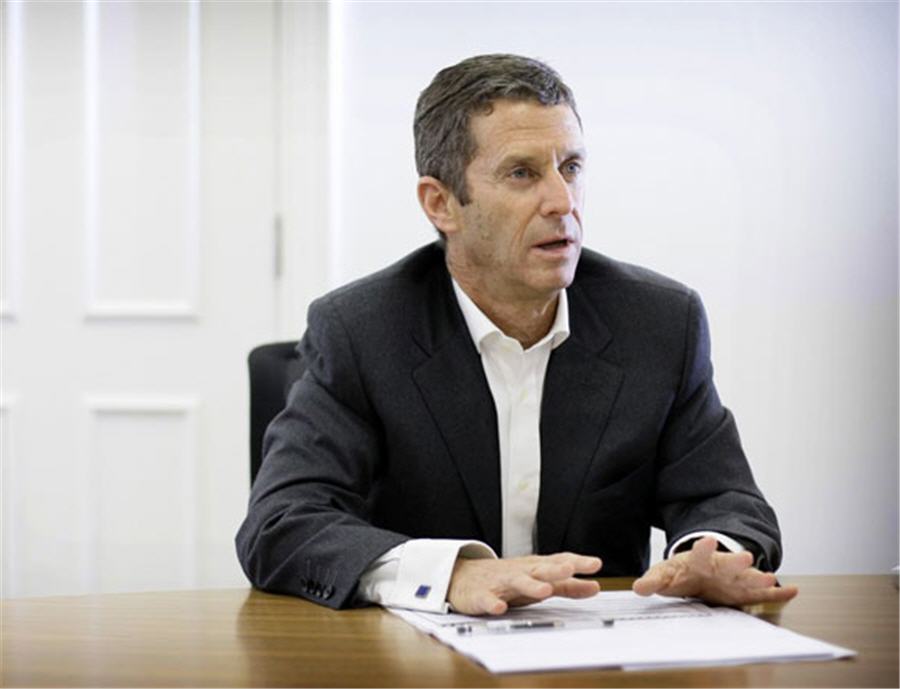Steinmetz sentenced to 5 years in jail in Swiss bribery case

Israeli diamond and mining tycoon Beny Steinmetz was found guilty of bribing a public official to secure an iron-ore mine in Guinea worth billions of dollars.
Steinmetz was sentenced to five years by Judge Alexandra Banna in a Geneva court Friday. He was partially acquitted on forgery charges in the case.
Steinmetz and two colleagues were convicted of paying bribes of $8.5 million to Mamadie Toure, the wife of Guinea’s deceased former president Lansana Conte to help secure rights to the giant Simandou iron-ore mine.
Steinmetz’s investments in African mining have courted controversy and prompted multiple investigations — but until now no convictions. His lawyers argued he’d only met Toure once and never ordered anyone to pay her. That argument was rejected by Banna and the two other judges who reached their verdict after three days of deliberation.
“The fact that Steinmetz wasn’t aware of all details doesn’t change a thing,” the judge said in a ruling that took two hours to read out. “Steinmetz had his hand on the payments and was able to oversee the bribery process.”
After the ruling, a stoic Steinmetz, who remains free, called the ruling a “big injustice.” His lawyer said he will appeal all to the way to the Supreme Court.
Steinmetz was also ordered to pay a 50-million Swiss franc ($56.5 million) penalty.
Toure, whose pre-trial testimony contained “lies,” according to Steinmetz, was scheduled to testify at the trial but never showed up.
Steinmetz, a French and Israeli citizen who lived in Geneva until about 2016, is likely to appeal the verdict. France doesn’t extradite its own citizens and Israel doesn’t typically either for citizens who are residents at the time of their alleged crime.
During the trial, Steinmetz defended his investment in the mine, telling a Geneva court that the $5 billion valuation for the site that he secured for less than $200 million was part of the industry’s reward for risk-taking.
“If a business takes a risk, it’s normal that it’s compensated,” Steinmetz said during the trial. The project represented “a dream for Guinea,” one that for him, has turned into a nightmare.
(By Hugo Miller)
{{ commodity.name }}
{{ post.title }}
{{ post.date }}




Comments